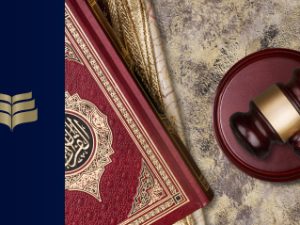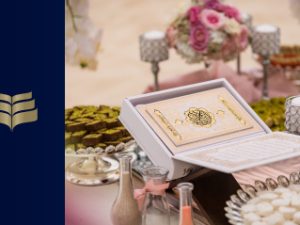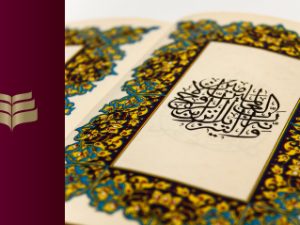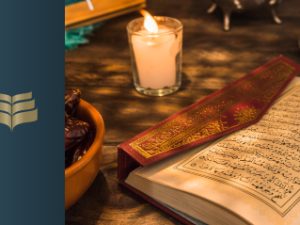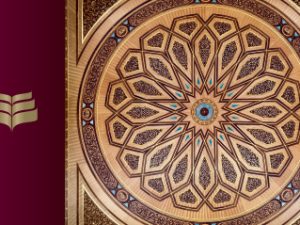Fiqh Pertaining to Women
- Description
- Curriculum

Man and woman have been created differently – they are physically, psychologically and emotionally different – and these differences have an effect on the way they live their lives. Allaah says in the Qur’aan, “And the male is not like the female.” [3:36]. The Sharee’ah appreciates the importance of these differences and places different roles, responsibilities and rulings upon them – each complementing the other.
The status of the Muslim woman in Islaam is one of nobility and honour, and her role in the cultivation of a righteous society is one of great importance for she is the initial teacher in the life of every Muslim. Throughout this course you will study issues and rulings concerning the Muslim woman, such as specific rulings related to her beautification, clothing, Hajj & ‘Umrah and other matters which you need to know and cannot afford to be ignorant in.
Allaah says, “And I did not create the jinn and mankind except to worship Me” [51:56]. Therefore we are obliged to seek the knowledge in those matters which we require in order to fulfil our duties to Him. Ibn al-Jawzi said: “A woman is an accountable individual just as a man is. She is obliged to seek knowledge of her duties so that she may perform them properly”.
This course is based on a book written by the respected scholar Dr. Saalih al-Fawzaan, entitled Fiqh Pertaining to Women (Tanbeehaat ‘alaa Ahkaamin Takhtassu bil-Mu’minaat).
In this course you will learn the following:
– What is the status of women in Islaam?
– What is required of her concerning beautification?
– What is necessary for a haa’idh when she finishes her menstruation?
– Is it a condition for her to perform ghusl in order to become pure?
– Is the menstruating woman permitted to recite the Qur’aan?
– On the topic of the hijab and niqaab, what are the evidences?
– What are the specific rulings of Salaah concerning women?
– The adhaan and iqaamah – are they legislated for the woman?
– Which is better – to pray in the masjid or to pray at home?
– Are the women shrouded in the same number of sheets as men?
– What are the specific rulings of Hajj or ‘Umrah concerning the woman?
– Is marriage without a wali acceptable?
– What is the state of the woman who demands separation from her husband without a valid reason?
– Concerning the woman who is to be married off – what are the rulings?
– Can a woman travel without a Mahram?
-
1Fiqh Pertaining to Women - Lesson 1
-
2Fiqh Pertaining to Women - Lesson 2
-
3Fiqh Pertaining to Women - Lesson 3
-
4Fiqh Pertaining to Women - Lesson 4
-
5Fiqh Pertaining to Women - Lesson 5
-
6Fiqh Pertaining to Women - Lesson 6
-
7Fiqh Pertaining to Women - Lesson 7
-
8Fiqh Pertaining to Women - Lesson 8
-
9Fiqh Pertaining to Women - Lesson 9
-
10Fiqh Pertaining to Women - Lesson 10
-
11Fiqh Pertaining to Women - Lesson 11
-
12Fiqh Pertaining to Women - Lesson 12
-
13Fiqh Pertaining to Women - Lesson 13
-
14Fiqh Pertaining to Women - Lesson 14

